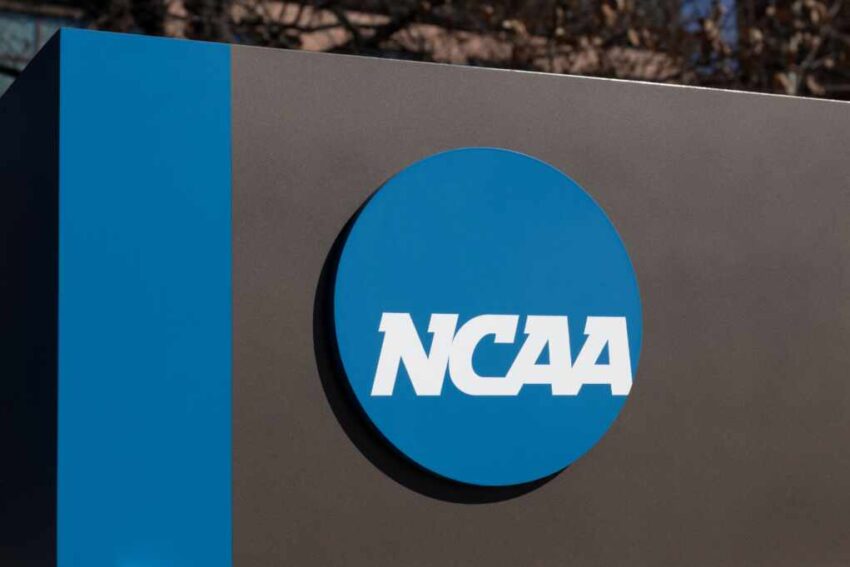President Trump’s recent executive order could redefine the future of college sports by banning third-party, pay-for-play payments to athletes.
At a Glance
- Trump signs an executive order targeting third-party payments to college athletes.
- The order aims to preserve the amateur nature of college sports.
- Universities must maintain scholarships for non-revenue sports.
- Federal agencies will develop enforcement plans within 30 days.
Trump’s Executive Order on College Sports
In a move that’s sure to stir debate, President Trump has issued an executive order targeting third-party, pay-for-play agreements in college sports. The order, signed in July 2025 , bans universities from allowing these types of payments, which have been a growing concern as they blur the lines between amateur and professional sports. The order maintains the rights of athletes to benefit from NIL (Name, Image, and Likeness) deals, but draws a firm line against direct payments for play.
𝗧𝗿𝘂𝗺𝗽 𝗦𝗶𝗴𝗻𝘀 𝗘𝘅𝗲𝗰𝘂𝘁𝗶𝘃𝗲 𝗢𝗿𝗱𝗲𝗿 𝗼𝗻 𝗖𝗼𝗹𝗹𝗲𝗴𝗲 𝗦𝗽𝗼𝗿𝘁𝘀 𝗧𝗮𝗿𝗴𝗲𝘁𝗶𝗻𝗴 ‘𝗣𝗮𝘆-𝗳𝗼𝗿-𝗣𝗹𝗮𝘆’ 𝗔𝗴𝗿𝗲𝗲𝗺𝗲𝗻𝘁𝘀
‘Third-party, pay-for-play payments to collegiate athletes are improper and should not be permitted by universities,’ the… pic.twitter.com/ka9pIcBmyL
— The Epoch Times (@EpochTimes) July 25, 2025
This executive order comes as a response to the rapid increase in third-party payments to college athletes, with reports of football players at top programs receiving annual payments upwards of $20-40 million. Such figures have raised alarms about the integrity of college athletics, pushing the White House to act decisively to preserve what many see as a uniquely American institution.
Key Stakeholders and Their Motivations
The executive order has significant implications for several key stakeholders. The NCAA, which has long fought to maintain the amateur status of college sports, welcomes this move but stresses the need for Congressional action to address deeper issues. Universities, particularly those with large athletic revenues, are directly affected, as they must now navigate new rules regarding scholarships and payments.
Student-athletes, who stand to lose lucrative third-party deals, might find themselves in a bind, though they retain the ability to profit from brand endorsements. Meanwhile, third-party collectives and sponsors, whose business models rely heavily on such payments, face disruption. Congress, already considering legislation like the SCORE Act, plays a crucial role in shaping the future of college sports compensation.
Current Developments and Reactions
Following the executive order, federal agencies have been given 30 days to devise enforcement plans, including potential regulatory, litigation, and funding mechanisms. The White House has emphasized the need to preserve college sports as more than just a professional enterprise, even as the NCAA and university leaders call for clarity and legislative action to address structural challenges.
Congressional leaders have praised the executive order, advancing the SCORE Act to support its objectives. However, critics argue that this move limits athletes’ rights and compensation potential, sparking renewed discussions about fairness and the future of amateurism in college sports.
Click this link for the original source of this article.
Author: Editor
This content is courtesy of, and owned and copyrighted by, https://conservativeamericatoday.com and its author. This content is made available by use of the public RSS feed offered by the host site and is used for educational purposes only. If you are the author or represent the host site and would like this content removed now and in the future, please contact USSANews.com using the email address in the Contact page found in the website menu.








